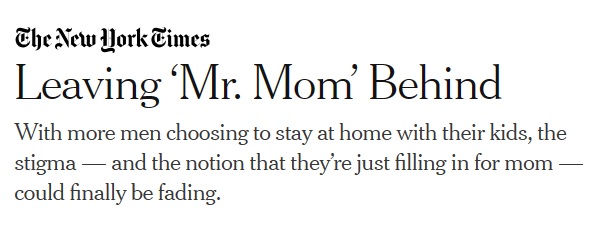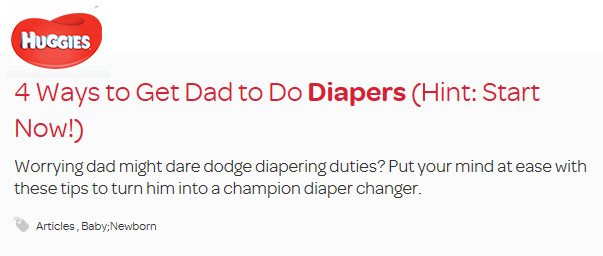A trip to the library is a lot like driving on a long-distance vacation.
It’s fun and fascinating, and whether you’re looking for a particular book or just browsing for whatever meets the eye, it’s a pathway to enjoyment that makes the journey as fun as the destination.
One time, though, a friend of mine was cruising through the library, and on a mission. He was looking for a particular book, and nothing else would do. He visited the right floor, the right section and the right shelf. The system said it was available, but it wasn’t. Even the help of a kind librarian was to no avail.
As it turns out, he eventually found that book. He said he remembers happily holding it, but also scolding it, as if to ask, “If I didn’t know where you were, how could I find you?”
A recent retail experience again reminded him of that misshelved book.
Amazon knows a thing or two about books. It started as an online bookstore, and eventually diversified to sell nearly anything that can have a price tag placed on it. It is the largest Internet based company in the United States, and it’s often our first stop shopping destination.
We love Amazon, and it loves us back. With regular enticements like free shipping, discounts, Black Friday sales, and rewards programs, it’s everything we’d want in a shopping experience, even if we can’t touch and smell the item first.
Then, several years ago it introduced Amazon Mom.
For years, dads have been unfairly mislabeled “Mr. Mom” – a name they find both offensive and erroneous (would anyone dare call a working mother, “Mrs. Dad”?) – so it’s easy to make a sophisticated deduction about what Amazon Mom might entail.
But we don’t want to spoil the fun; here’s Amazon Mom’s own curious self-description: “(It) is a prime membership program aimed at helping parents and caregivers in the prenatal through toddler years use Amazon to find and save on products that families need. Amazon Mom is open to anyone, whether you’re a mom, dad, grandparent or caretaker.”
So let’s get this straight: a dad can join a mom program? The word mom has become a generic term for parent, like Kleenex is for facial tissues?
And then dads must stop to think: realistically – as a dad – is Amazon Mom speaking to you? Does this program’s name suggest something that you would want to browse? Would you walk into a “mom” retailer, or down a “mom” aisle in a bricks-and-mortar store?
Also recently, we had a pleasant 140-character conversation with the friendly folks at 4moms, a baby robotics company founded in March 2006 which makes high-tech baby gear.
4moms enlightened us that its company name is derived from an initial focus group held that consisted of four mothers.
Cute and unique, indeed, but in a baby world where businesses purposely leave dads out of the parenting mix, it’s a saying that’s well-worn.
Had the name been 3moms or 5moms, we would have never taken issue with anything. But imagine that the wildly-successful burger-maker franchise Five Guys had been named 4Guys – that means something else entirely, doesn’t it? We’d all perceive them differently, and wouldn’t women be deservedly up in arms?
We’re sure the desire of 4moms to match true company history with the play-on-words was too good for them to pass up, but you know who gets passed up in the process?
Dads.
Dads are parents too, and it’s time businesses start listening to fathers everywhere.
Judging by its products alone, 4moms seems to have a bright future ahead. And with a financial backing like no other in cyberspace, Amazon will probably carry on for a long time, that is, unless the recent uproar forces at least an overdue name change.
But like that lost library book, if my friend doesn’t know where these companies are or doesn’t notice them because they’re not speaking to him (he’s even a dad), then how can he find them? They must not care about dads as customers, right? If a product is not categorized and shelved properly like that book, do consumers stand a chance at ever finding it, enjoying it, or even using it?
If these companies really cared, perhaps they could start marketing their products to its true customers.
As in, all of them.













